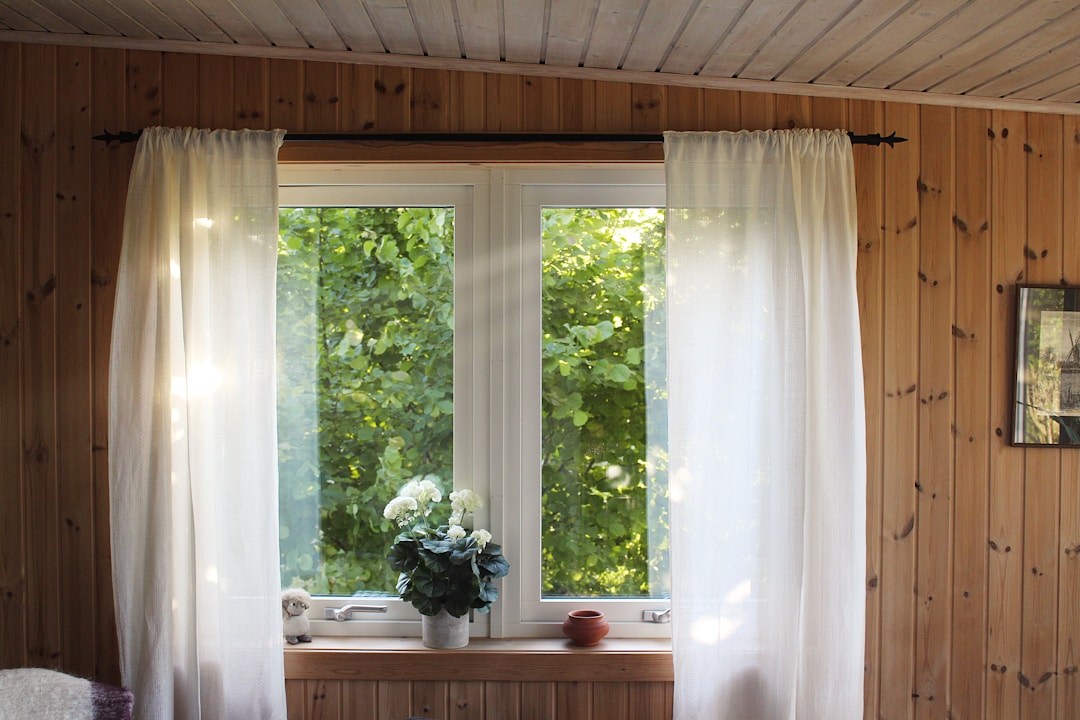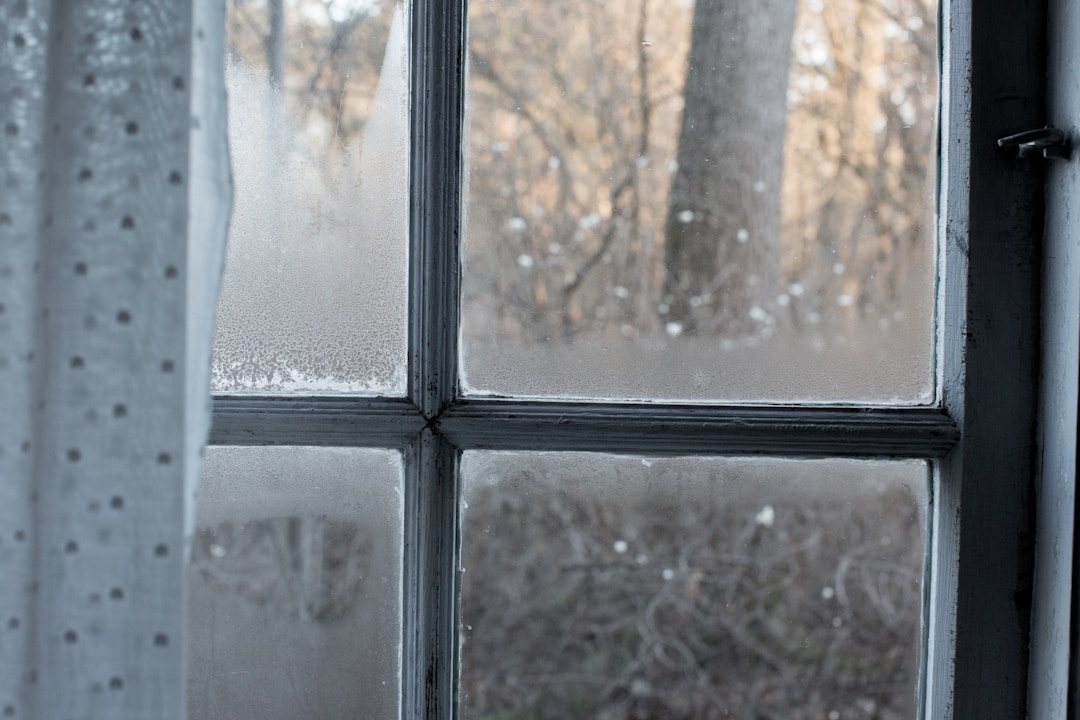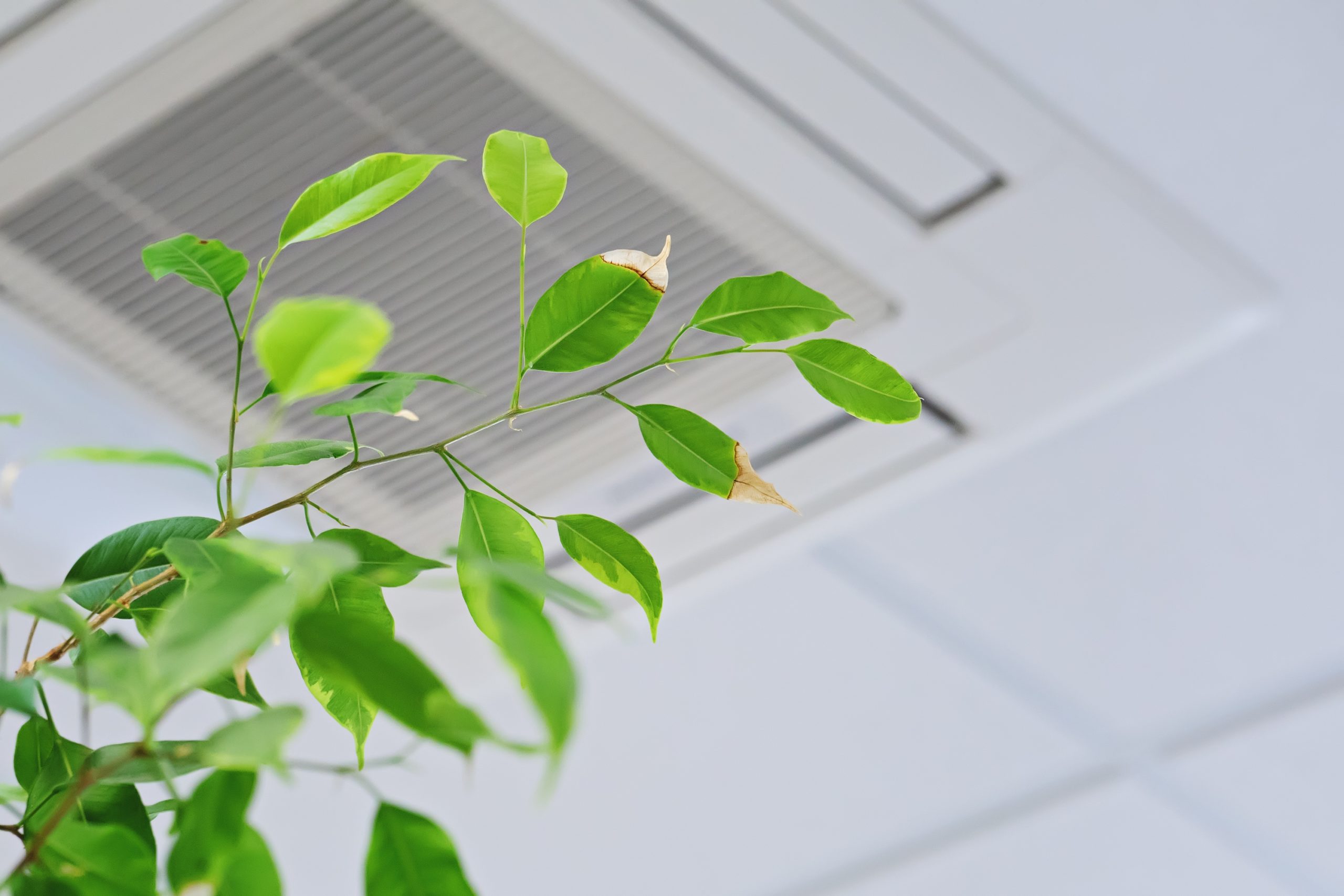While you do the most to keep your household clean, there’s more to cleaning than just using Windex to get streaks out of a mirror. Keeping a tidy home is actually a vital part of maintaining the quality of your indoor air. The air you breathe in can be impacted by a litany of things from dust and allergens to dangerous mold or carbon monoxide. Here are some tips to keep in mind that could easily improve your indoor air quality, without having to break the bank.
Regular HVAC Maintenance

You can improve indoor air quality by making some household modifications. One of the easiest ways to do this is by staying on top of your HVAC maintenance routine. Be sure to clean air filters or replace them at least once or twice per year, usually along with seasonal use in the summer and winter. This will prevent any blockages brought on by dust and other allergens that negatively impact air quality. You may have even noticed a burning smell or other odors emerging when you turn on the unit which could be from bigger issues.
Cracks or leaks in the ductwork of an HVAC system can inhibit airflow and also welcome some uninvited guests into those passages. This creates a breeding ground for mildew and other pollutants that result in air pollution every time that you turn on the heater or the air conditioner. Experts recommend having an HVAC technician come in and regularly check on a system to make sure that the unit and ducts are up to code.
Proper Ventilation

The easiest and cheapest way to improve your indoor air is to get a cross breeze going. Proper ventilation with doors and windows will welcome outdoor air that will help to clean out any contaminants that may be lingering in your household. For example, pollutants that linger after cooking a meal can actually irritate nasal passages. Opening a window will help to get rid of that smoky and burning oil and grease smell that is associated with poor air quality. An exhaust fan above a stove in the kitchen can also improve air quality.
You will also want to air out your home after using any cleaning products. While these products do kill germs on surfaces, the lingering odors of bleach and alcohol can be dangerous to inhale, leading to dizziness. It’s the same reason you open the windows after painting inside your home to get rid of the fumes. You can even consider more all-natural options to improve indoor air, including citrus fruits and indoor plants that are rich in oxygen and can help make the air cleaner with just some water and natural sunlight.
Control Moisture and Humidity Levels

It’s important to regulate the temperature in your home beyond the use of your HVAC system to turn on the heat or AC. If the humidity level is off in your household, it can create too dry of air that leads to dried out sinuses, or too moist of an air that leads to a breeding ground for mold and mildew. For some, these act as asthma triggers and can actually even lead to more dangerous health symptoms. Based on your situation, a humidifier or dehumidifier may be necessary to improve indoor air quality.
Using your bathroom fan or kitchen fan can clear out chemical odors from cleaning, while also preventing the growth of mold and other toxins. Homeowners should also consider investing in a smart thermostat that can provide a regular assessment of not just the temperature in the house, but the humidity level as well. You can also better regulate how often you use your HVAC unit, so as to not run up your energy bill while making a healthy home.

